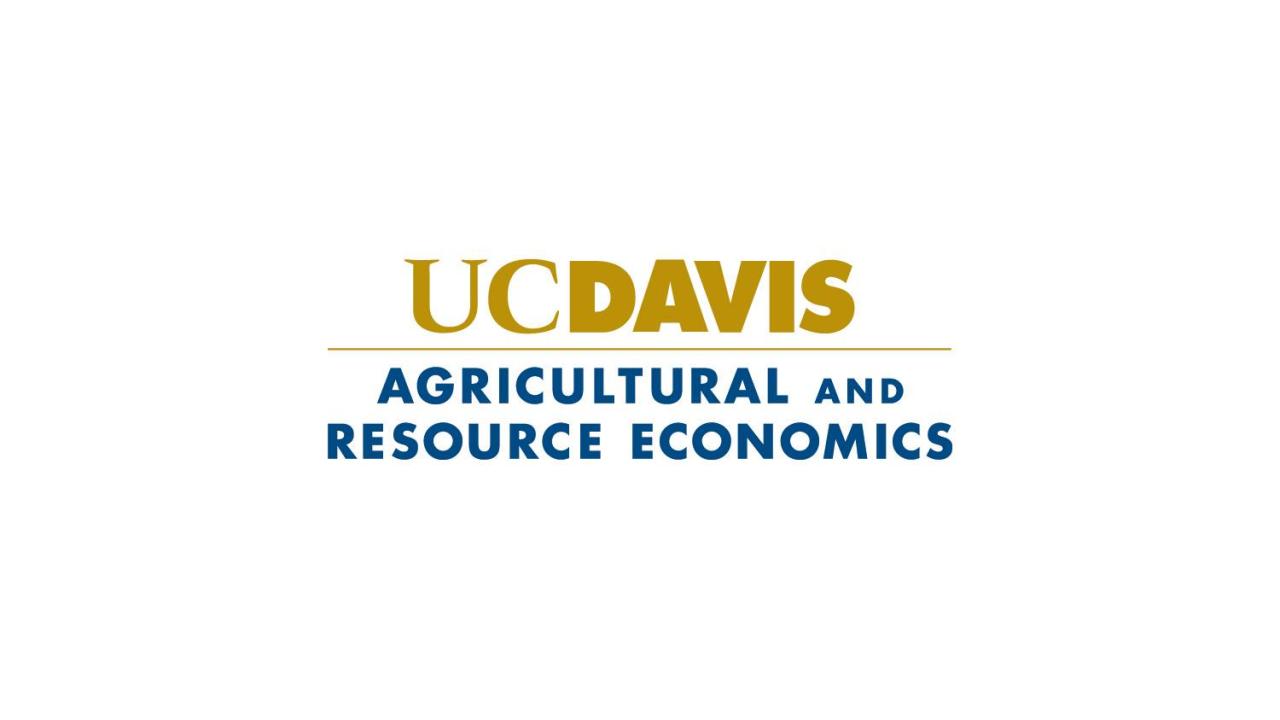
ARE Researchers Estimate Proposition 12 Will Cost California Pork Consumers $320 Million
Worried about bacon prices? California rules requiring larger spaces for some farm animals may create an unwarranted pork price panic, say UC Davis CA&ES agricultural economics profs.
California’s Proposition 12, will soon require additional space for certain farm animals, including breeding pigs (mother sows). As the January 2022 date for full implementation of Prop 12 approaches, some warn of upcoming bacon shortages and up to 60% higher pork prices, while others downplay any negative effects on Californians. Their research details the real impacts of Prop 12: California consumers will pay about 8% more for pork regulated under Prop 12 and will consume around 6% less of that pork per year. This results in a loss in economic benefits to California pork consumers of $320 million.
Since Prop 12 applies only to sows, not to their offspring who are raised for meat, it will apply to less than one percent of the 76 million U.S. hogs. And, those sows who are transitioned into Prop 12-compliant housing will likely come from group housing rather than stalls. The added costs to Californians of a bit more space for group-housed sows that are transitioned to compliance with Prop 12, including the costs of segregation, product tracing, and new labeling, will cause the cost of regulated pork products in California to rise by about $0.25 per pound. However, the research indicates almost no change in the prices of pork products sold outside of California.
To learn more about the coming impacts of Prop 12 on California consumers and the North American pork supply chain, read the new ARE Update article by Ph.D. Candidate Hanbin Lee and Distinguished Professors Richard J. Sexton and Daniel A. Sumner: "Voter-Approved Proposition to Raise California Pork Prices.”